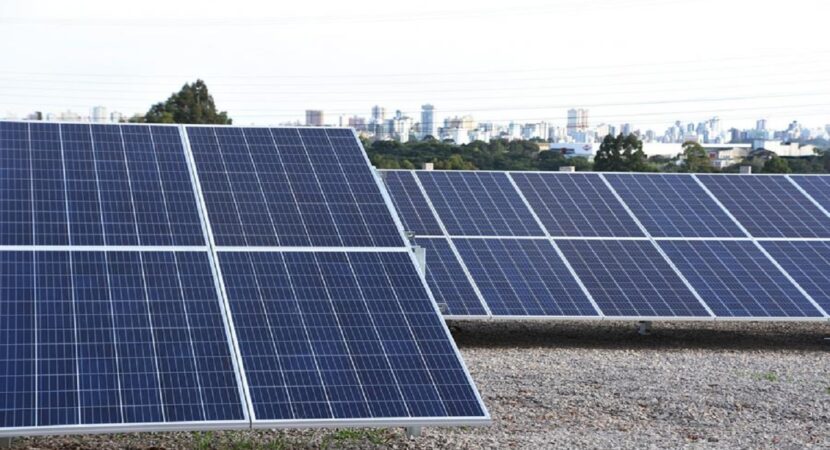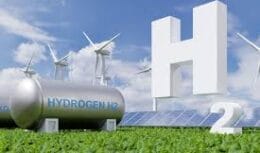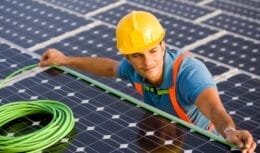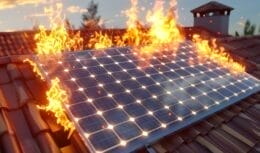
FUPF is applying a millionaire investment in 03 new solar plants to reduce CO2 emissions. With solar energy and other sources, the foundation has already reduced more than 680 tons since 2018
In order to reinforce its commitment to sustainability, the University of Passo Fundo Foundation (FUPF) is investing in three new solar plants in its infrastructure. With the capacity to generate 400 kWh of power per year, the solar power plants will have 682 photovoltaic modules and will supply 100% of the demand of the units that will receive them. According to Rangel Casanova Daneli, engineer responsible for the UPF's infrastructure, the energy generated in these plants will be able to power around 150 homes with a consumption of up to 200 kWh per month. The return on investment of R$ 1,3 million could come in just five years and the savings generated will be R$ 11 million during the estimated 25 years of useful life for solar energy equipment.
Read also
Investments in sustainability by FUPF generate jobs and income in the region
The investment reinforces FUPF's environmental commitment and moves towards the Social Responsibility Policy and the Institutional Development Plan. According to Dr. Antônio Thomé, administrative vice-rector, FUPF has been operating for several years with sustainable practices, so investment in solar energy is of paramount importance, considering that it is a low-cost undertaking, that is, with savings in consumption, FUPF manages to pay for the investment and the significance is very great, as the solar plants generate clean, non-polluting energy.
Solar plants are also part of the three pillars of sustainability. Daneli explains that the pillars are: the economic, through the redirection and optimization of resources, the social through all the benefits that impact on regional and local society and the environmental, with the reduction of 400 tons of CO2 in the atmosphere per year.
FUPF has reduced more than 680 tons in recent years
The installation of the new solar energy panels will be completed by this month of December on Campus I, Campus II and at the Agricultural Extension and Research Center.
The president of FUPF, Luiz Fernando Kramer Pereira Neto, recalls that, since 2018, the institution uses only energy from clean sources, completely renewable and that does not impact the environment. The acquisition project via Ambiente Livre de Energia, combined with the institution's solar energy park, has already reduced more than 683,411 tons of CO2, 216 thousand of which in the last year alone.
Renewable Energy Certificate 2021
FUPF was recognized for its work to reduce CO2 emissions and received the Renewable Energy Certificate from Ludfor Energia Ltda this year. The president of the institution says that in this path the foundation has been increasingly committed to the idea of maintaining more and more energy being produced by different clean sources.
The electricity consumed by the institution comes from sources encouraged by the government such as solar, wind, hydroelectric and biomass energy with the mission of achieving a sustainable and clean energy matrix.













Air Force F-16 fighters…
True friend, what they shot down were…
Air Force F-16 fighters…
I would like to know what planet you live on…
Air Force F-16 fighters…
Well... It's flying scrap... Typical...
They discover the third largest deposit…
That’s why all foreigners and NGOs…
Air Force F-16 fighters…
Which genocide are you talking about? Than…
Eu já tive Corolla sedam e pretendo…
I'm in the Versa room, the first…
It is a divine blessing.
And they also say it will be cheaper…
So superior that it sank the Ferrari... 😏
I had an automatic Corolla, the best car, my…
What is the value of the Yares Cross?
I bought a versa 2013 SL 0…